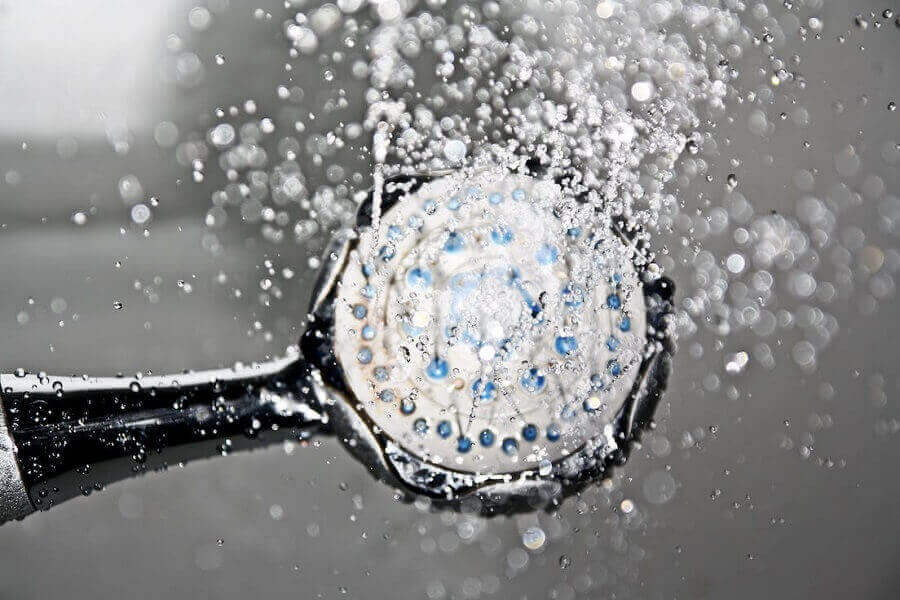If you find yourself in a situation where your shower is leaking, then you shouldn’t waste a minute and get a leaking shower repair done. Your bathroom's structural integrity might be severely damaged by a leaky shower seal and repair costs could be high. Therefore, to lessen the amount of damage, you should act quickly and seal any leaks you believe are coming from your shower seal.
What signs should you look for to know if your shower is leaking?
What are the warning signs pointing towards a leaking shower?
The following are the signs that will help you to spot a potential shower leakage in your house:
- Musty Smell
A musty odour reminiscent of that found in an old cellar is a typical sign of a shower leak. This earthy odour indicates that water is gathering and cannot dry. The water is constantly dripping out and does not have the right conditions to evaporate. It's vital to remember that this stench is merely a symptom, not the cause of the issue, and a strong indication that at least one of the following problems is occurring. Do not overlook or cover up musty odours in your bathroom with air fresheners. Instead, identify the underlying cause—which may be a leaky shower seal—and take the proper action.
- Stained Timber Under the House
If your house is made of timber, you can identify this sign to spot a shower leak. If the wood supporting your bathroom floor is discoloured, there may be a leak. Water may rot wood, and if you don't stop the leak right away, the swelling might result in serious structural damage. In order to ensure that your property is not in danger, you should think about having your shower evaluated by an expert if you see discoloured wood beneath your house.
- Missing grout or cracked tiles
If the shower still leaks after you've ruled out the drain and the tray, the problem is probably due to damaged grout between the tiles. Test for leaks by splashing water on one side of the shower at a time. Observe the grout lines carefully before and after you moisten them. Keep an eye out for spots where the grout is missing or there are noticeable gaps. You may probably attribute a leaking tiled area to one of them. It's as simple as grouting over the damaged areas. The issue with the shower sealing should now be resolved.
- Dampness And Mould Build-up
If there are black markings in the corners of your bathroom, cabinets, window frames, ceiling, or walls, there may be a problem. Mould and mildew flourish in damp and dark environments, and although you may have little spots of mould in the shower recess, mould and mildew on the cabinets and skirting boards is a clear indication of a shower leak. Mould inside your home is very harmful to your health and makes your home smell musty. Make sure that you get it fixed before it becomes a menace and starts affecting your health.
- Swelling in the walls and peeling paint
The main reason for paint peeling is an excessive amount of moisture gathering behind walls or ceilings. Usually, water causes paint to swell and finally peel off when it contacts the surface below the paint layer. If you observe paint flaking in your bathroom, the shower seal may be leaking. Here, you should do a comprehensive inspection to pinpoint the location of the leak and get it fixed before it gets out of control.
- Pipes Are Causing Problems
Leaking shower bases aren't necessarily the cause of water leaking through the ceiling or walls. Having problems with the plumbing that is hidden from view behind walls or beneath the floor is a common occurrence. Pipes, especially older ones, deteriorate with time. You might also need to replace a malfunctioning fitting. Fortunately, a plumber can repair the leak in most leaking pipes. The bad news is that in order to get at the problem, you may have to tear down some of the floor or walls.
Don't ignore the signs of trouble! Shower leaks are a big problem that could cause expensive damage to the building. If you've noticed any of the following warning signs, you should hire a trained professional to look at your shower and fix it.







